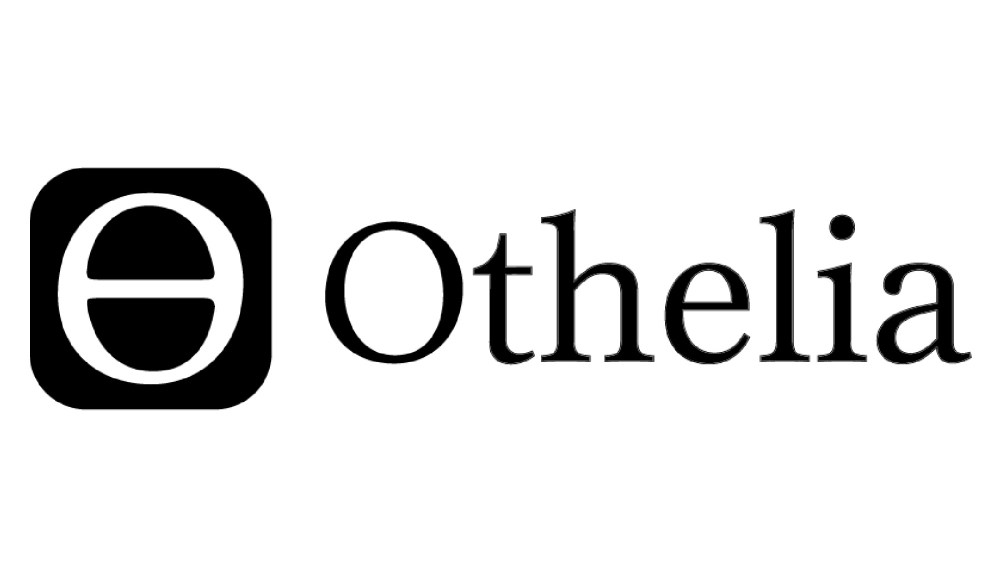Othelia Technologies has launched Othelia, an AI-native storytelling platform. It aims to help writers, creators, and producers “structure and manage complex story worlds, from first drafts to multi-title franchises.”
Othelia is described as a non-generative AI platform that “amplifies human storytelling capabilities while preserving the integrity, ownership, and authentic voice that makes stories powerful.” The company says that “all creative data stored in Othelia is fully owned and controlled by users, and the data is never reused to train generative models,” but it is available to users as “structured, searchable data.”
Othelia Technologies, based in Australia and founded by co-CEO Kate Armstrong-Smith and chief technology officer Joe Couch, opened its Los Angeles headquarters over the summer. Prior to Othelia’s launch, former Bento Box Entertainment CEO Scott Greenberg was named executive chairman and co-founder of the company, and Alexandra Hooven was named co-founder and co-CEO.
According to Othelia Technologies, the new platform aims to address the rewriting “bottleneck” in the production process by “making the underlying logic of a story visible and accessible.”
Othelia According to “The platform centralizes the impact of canon, structure, relationships, and changes into a single source of truth, mitigating obstacles such as structure violations, plot inconsistencies, and storyline inconsistencies, so notes can be precisely scoped and reworked.” It keeps the writing human. Teams can search based on their creative intent and find specific emotion, action, or story beats, and have instant access to timecoded results across all their material.”
Othelia launched on Tuesday, allowing users to apply for access to the platform’s beta program.
“I wish this was available at Bento Box,” Greenberg said. “Every department builds the story. Any break in continuity or a late note has downstream ramifications that impact schedules, budgets, and ultimately creative quality. Othelia keeps norms visible and interactive, so teams can model changes before work begins and keep production moving forward.”
Watch below for Variety’s Q&A with Othelia leaders about the launch.
Are you concerned about launching now, with AI currently under intense scrutiny from Hollywood and the entertainment industry as a whole? And how do you plan to quell these fears for current and potential customers and partners?
Alexandra Hooven, Co-Founder and Co-CEO, Othelia: We didn’t launch for this moment, for this moment. The scrutiny is warranted – Hollywood is watching tech companies treat the art of storytelling as a matter of prediction, attempting to replace creative judgment with pattern recognition. That approach fundamentally misunderstands what creators do, and the consequences are real. As AI automates much of the creative process, we are relinquishing control of culture and narrative itself. The question of who shapes the stories that define us is becoming a question of who controls the tools.
Oseria is built on the opposite principle: giving humans control over the story. We’re not generating content or making creative decisions. We are an infrastructure that treats stories as structured, relational data rather than static documents. When a major studio controls a major franchise IP that spans decades of canon, or when a showrunner tracks the trajectory of a character across a series, relationships, dependencies, and narrative structure need to be looked at. This is not an AI problem. It’s a data structure problem that the industry has solved using disparate, interconnected word documents, spreadsheets, and Bibles.
That’s why we don’t base our training on anyone else’s data. Oseria is a walled garden. Your story, IP, and data remain in your hands and you own it. We are not building a model to learn from your work.
Our customers don’t worry because they immediately understand what we’re building. We are not in the business of replacing creatives. We’re building tools that maintain creative control at the exact moment the industry needs it most. Great creators already think this way. We simply provide the infrastructure to work at scale without giving up ownership or agency.
What do you think is the ideal project or example that shows what Othelia can actually do and how it can best benefit creators?
Kate Armstrong-Smith Co-CEO: For those who have an idea and don’t know where to start, Othelia helps you build the scaffolding of your story – the relationships between characters, the flow of information, and the structure of your story – before moving on to the script. For professionals with first-pass drafts, making implicit structures explicit allows them to iterate and build faster. In the writers’ room developing the series, everyone can now work from the same structural foundation, eliminating version control confusion and character arcs shifting between episodes. And for studios managing complex intellectual property assets (decades of canon, cinematic universe), this is the same structural thinking at a scale where traditional tools completely fail.
What they all have in common is that the core logic of the story resides in traditional documents, in an individual’s head, or scribbled on a whiteboard. Changing one element means manually finding all the downstream ramifications. With Othelia, these relationships become queryable structures. You can ask, “What breaks if I move this revelation?” Instantly see how information flows between scenes, characters, or timelines where changes in motivation are important.
In production environments, that visibility becomes even more important. Changes to the story in the second half are a chain reaction to costumes, set design, shooting schedule, and VFX. With structure visibility from the beginning, you can understand dependencies before your budget gets too big.

